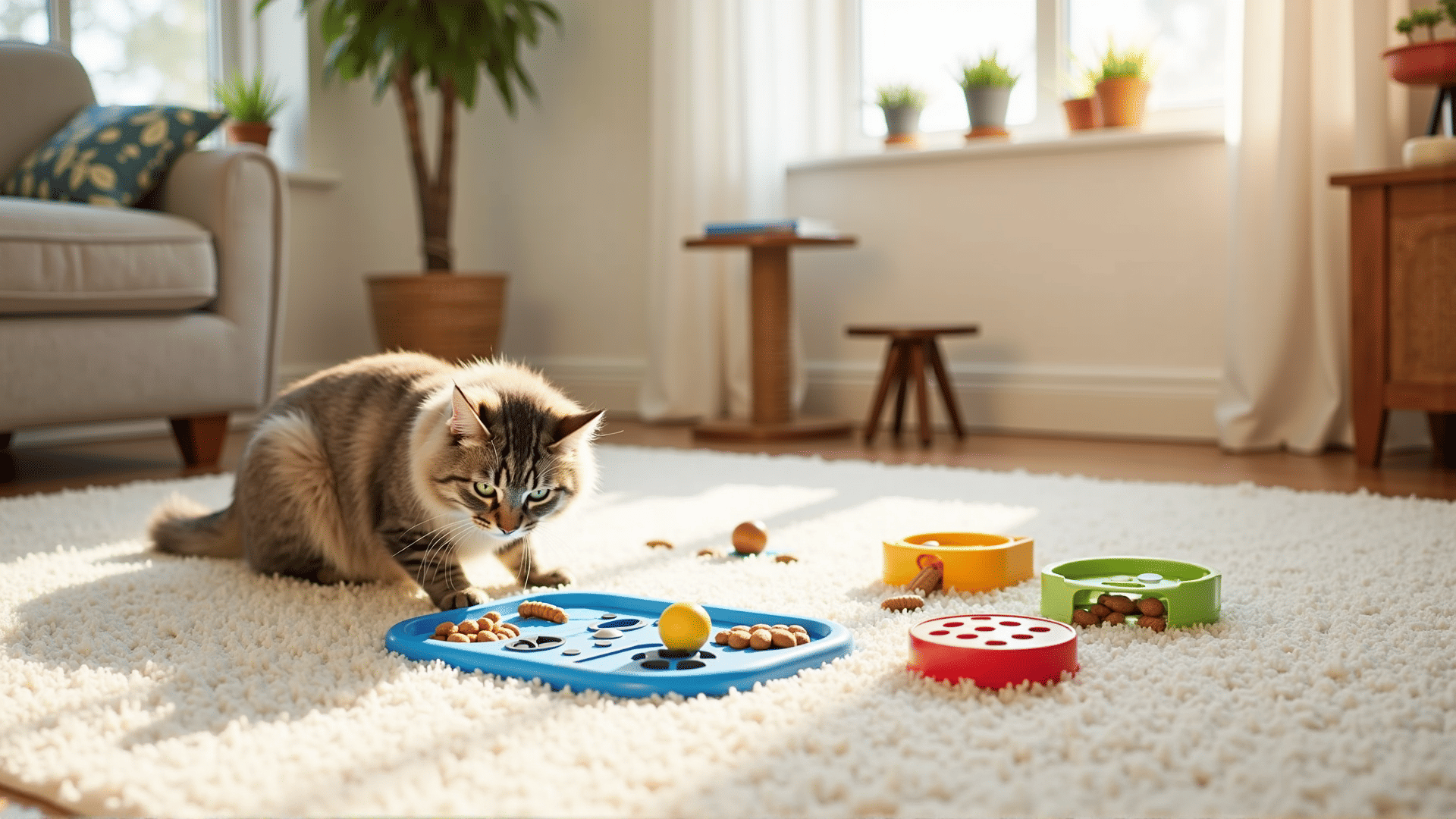Pets are treasured companions who bring joy, comfort, and companionship into our lives. While their physical well-being is often prioritized through regular exercise and a balanced diet, their mental health is equally crucial. Providing mental stimulation is essential to promote better behavior and enhance the quality of life for our pets. Engaging their minds can prevent boredom, reduce anxiety, and foster a deeper bond between pets and their human counterparts.
Mental stimulation for pets comes in many forms and is vital for animals of all species, whether dogs, cats, birds, or small mammals. The need for engagement is rooted in their natural instincts and behaviors. For example, dogs are descendants of wolves and have an innate drive to hunt and explore. Similarly, cats are natural hunters and need to exercise their predatory skills. By understanding these inherent traits, pet owners can offer experiences that satisfy these instincts in a safe and controlled manner.
One of the primary benefits of mental stimulation is improved behavior. Pets that are mentally engaged are less likely to develop problem behaviors, such as excessive barking, chewing, or scratching. These actions often arise from boredom or pent-up energy. By offering activities that challenge the mind and body, pet owners can redirect this energy into positive outlets. Puzzle toys, for instance, are fantastic tools for providing entertainment and problem-solving opportunities for pets, encouraging them to think critically to retrieve a reward.
Enhancing a pet’s environment is another effective way to boost cognitive engagement. This can be achieved by introducing new toys, changing the layout of their space, or creating interactive play areas. Rotating toys and introducing new objects periodically can renew a pet's interest and keep them mentally active. For pets that enjoy exploring, setting up obstacle courses or introducing elements that mimic their natural habitats can be both stimulating and enriching.
Enrichment activities are also essential in preventing anxiety-related issues. Pets, especially those left alone for extended periods, can experience separation anxiety. In such cases, interactive toys and activities can provide companionship and distraction, easing feelings of loneliness. For instance, treating pets with interactive feeding sessions can turn an ordinary meal into an exciting challenge, reducing stress and promoting healthy eating habits.
Training and learning new skills are not just for obedience but also serve as excellent mental exercises. Teaching pets new commands or tricks stimulates their brains and strengthens the bond between pets and owners. Training sessions provide mental challenges and reinforce good behavior through positive reinforcement. Moreover, this engagement can increase a pet’s confidence, making them more resilient in unfamiliar situations.
Group activities with other pets can also serve as valuable mental stimulation. Social interactions encourage communication and learning. Pets observe and mimic each other’s behaviors, enhancing their social skills and emotional intelligence. Supervised playdates with other pets can offer diverse interactions, which are both mentally stimulating and physically rewarding.
Ultimately, the goal of providing mental stimulation for pets is to enrich their lives, ensuring they are mentally, emotionally, and physically fulfilled. Engaging their minds not only curbs undesirable behavior but also helps pets live happier, healthier lives. As responsible pet owners, it is our duty to nurture our pets with love, attention, and opportunities for mental growth, enhancing the companionship they offer us daily. Through consistent care and mental engagement, we not only improve our pets' lives but also foster an enduring bond that benefits both pet and owner.
